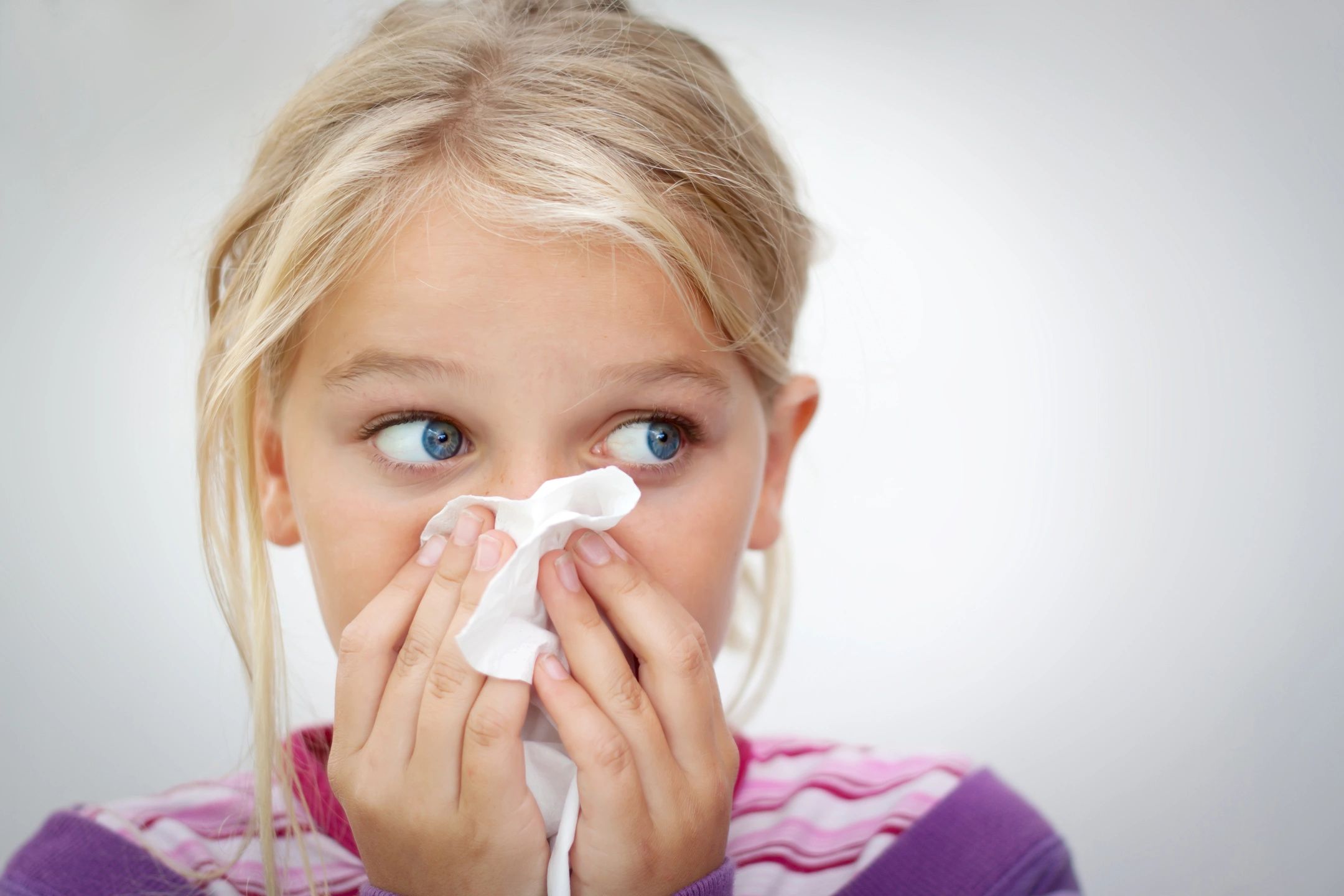Meningococcal Disease Fact Sheet

Meningococcal disease is a sudden, severe illness caused by the bacterium Neisseria meningitidis. The disease manifests most commonly as meningitis and/or meningococcemia, but may also cause pneumonia, arthritis or pericarditis. The symptoms include sudden high fever, chills, severe headache, stiff neck and back, nausea, vomiting, purpural rash, decreased level of consciousness, difficulty breathing and seizures. … Meningococcal Disease Fact Sheet









